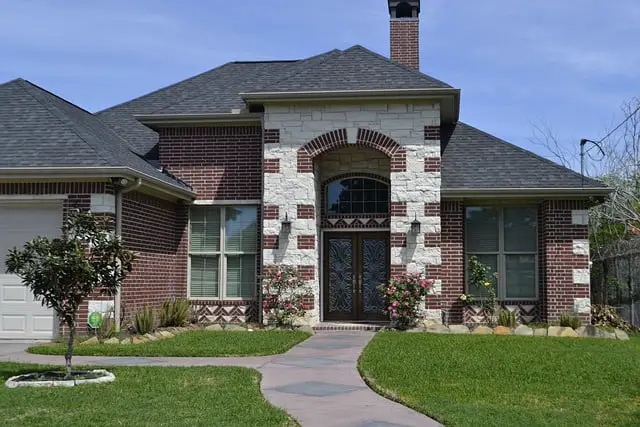
How to Use Value Engineering to Optimize Real Estate Development Projects
Introduction
Value engineering is a process that can help real estate developers optimize their projects by reducing costs while maintaining or improving quality. This process involves analyzing the project’s design, materials, and construction methods to identify areas where cost savings can be achieved without sacrificing quality. In this article, we will explore how value engineering can be used to optimize real estate development projects and provide valuable insights to US real estate investors, homeowners, first-time home buyers, and real estate agents.
What is Value Engineering?
Value engineering is a systematic approach to improving the value of a product or service by analyzing its functions and identifying ways to reduce costs while maintaining or improving quality. In the context of real estate development, value engineering involves analyzing the project’s design, materials, and construction methods to identify areas where cost savings can be achieved without sacrificing quality.
For example, a real estate developer may use value engineering to identify alternative materials that are less expensive but still meet the project’s quality standards. They may also identify ways to streamline the construction process to reduce labor costs without compromising safety or quality.
How Value Engineering Can Benefit Real Estate Development Projects
Value engineering can provide several benefits to real estate development projects, including:
- Cost savings: By identifying areas where costs can be reduced without sacrificing quality, value engineering can help real estate developers save money on their projects.
- Improved quality: Value engineering can help real estate developers identify ways to improve the quality of their projects without increasing costs.
- Increased efficiency: By streamlining the construction process and identifying ways to reduce waste, value engineering can help real estate developers complete their projects more efficiently.
- Reduced risk: Value engineering can help real estate developers identify potential problems before they occur, reducing the risk of delays and cost overruns.
Examples of Value Engineering in Real Estate Development
Value engineering can be applied to various aspects of real estate development, including design, materials, and construction methods. Here are some examples of how value engineering can be used in real estate development:
- Design: A real estate developer may use value engineering to identify alternative designs that are less expensive to build but still meet the project’s quality standards. For example, they may use modular construction techniques to reduce costs and speed up the construction process.
- Materials: A real estate developer may use value engineering to identify alternative materials that are less expensive but still meet the project’s quality standards. For example, they may use recycled materials or locally sourced materials to reduce costs and minimize the project’s environmental impact.
- Construction methods: A real estate developer may use value engineering to identify ways to streamline the construction process and reduce labor costs without compromising safety or quality. For example, they may use prefabricated components or lean construction techniques to reduce waste and improve efficiency.
FAQs
What is the difference between value engineering and cost-cutting?
Value engineering is a systematic approach to improving the value of a product or service by analyzing its functions and identifying ways to reduce costs while maintaining or improving quality. Cost-cutting, on the other hand, is a more ad-hoc approach to reducing costs that may sacrifice quality or functionality. Value engineering is focused on optimizing the project’s value, while cost-cutting is focused solely on reducing costs.
How can real estate developers implement value engineering?
Real estate developers can implement value engineering by working with a team of experts, including architects, engineers, and construction professionals. The team can analyze the project’s design, materials, and construction methods to identify areas where cost savings can be achieved without sacrificing quality. The team can then develop a plan to implement these changes and monitor the project’s progress to ensure that the changes are effective.
What are the potential risks of value engineering?
The potential risks of value engineering include compromising quality or safety in the pursuit of cost savings. Real estate developers must ensure that any changes made through value engineering do not compromise the project’s quality or safety. Additionally, changes made through value engineering may require additional approvals or permits, which can cause delays and increase costs.
Conclusion
Value engineering is a process that can help real estate developers optimize their projects by reducing costs while maintaining or improving quality. By analyzing the project’s design, materials, and construction methods, real estate developers can identify areas where cost savings can be achieved without sacrificing quality. Value engineering can provide several benefits to real estate development projects, including cost savings, improved quality, increased efficiency, and reduced risk. Real estate developers can implement value engineering by working with a team of experts and monitoring the project’s progress to ensure that the changes are effective.